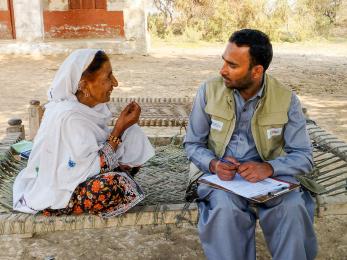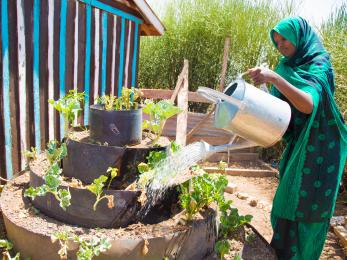Beyond Gaddafi: Libya's Governance Context

More than 6.4 million Libyans are living out a historic transition: emerging from 42 years of harsh authoritarianism towards a democratic state wherein the people are the source of authority. There is urgent need for the international community to understand the country’s immediate governance issues in order to effectively support the people of Libya.
In July 2011, Mercy Corps and The Governance Network (TGN) teamed up to carry out an assessment of the immediate governance issues facing Libya.
Combining Mercy Corps’ world-wide experience in civil society capacity building and local governance with TGN’s expertise with governments in transition and public sector development, the assessment aimed to identify areas where international assistance would be of use in Libya and to examine the greatest potential barriers to success of internationally supported interventions.
The team traveled to Benghazi, Derna, Al Badyia and Tobruq to conduct interviews with over 40 NTC members, government officials and civil society leaders. The team held focus group discussions with youth, the media and academics, as well as hosted a civil society roundtable in Benghazi.
The fully qualitative process provides illustrative examples that depict the current context from which six major themes emerged. It was, however, only an initial step and more detailed assessments, in close partnership with Libyan groups, will be important to determine specific needs and programming options in what remains a very fast-evolving environment.

